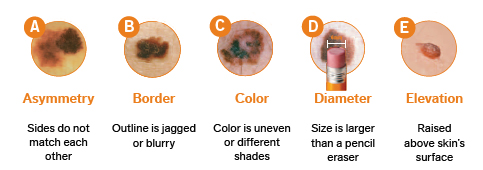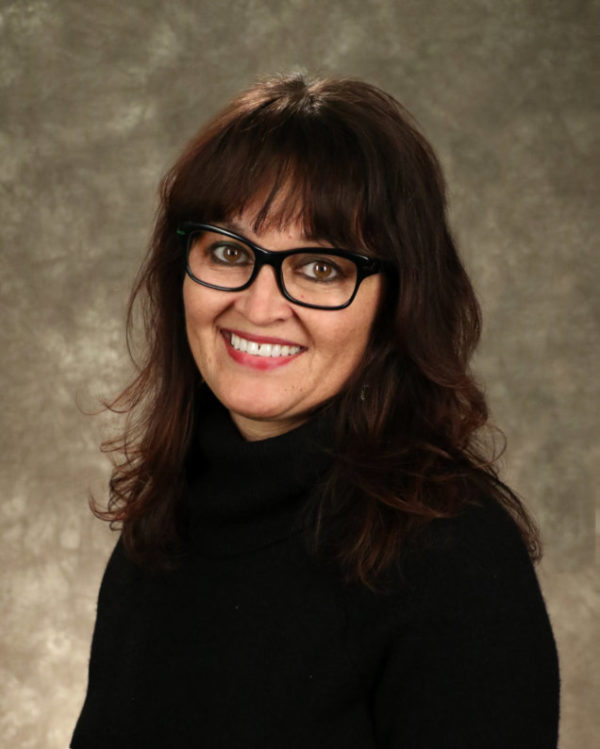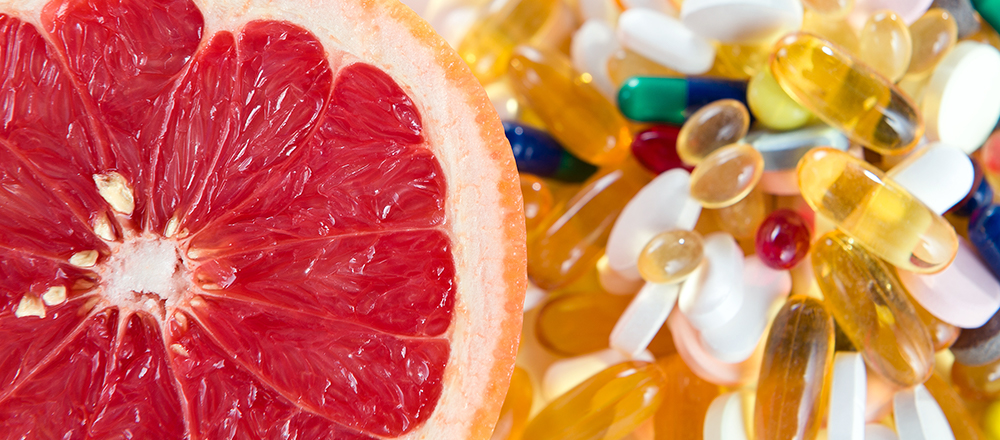10 Tips for Saving Your Skin This Summer
July 13, 2015By: Jodi Rawson
Categories: Live Healthy, Prevention, Your Wellness

Summertime is all about having fun in the sun, but that fun may come at a price if you don’t protect your skin from dangerous UV rays. Skin cancer is the most common cancer in the U.S., and excessive sun exposure is the most common cause. Taking a few precautions before heading outdoors can be a lifesaver. Follow these 10 tips to save your skin:
- Limit your exposure to the sun when it’s brightest (10 a.m.-4 p.m.).
- Use sunscreen with a SPF (sun protection factor) of at least 30.
- Apply sunscreen 30 minutes before going outside. Reapply it every two hours.
- Spread sunscreen on your nose, ears, neck, hands, the tops of your feet and any bald areas on your scalp.
- Use sunscreen year round.
- Wear wraparound sunglasses with extended lenses to protect your eyes and surrounding skin.
- Choose tightly woven clothing that covers as much skin as possible.
- Wear a hat with at least a 6-inch round brim.
- Know that some medications boost your sun sensitivity.
- Wear lip balm with sunscreen.
“Wearing moisturizer or makeup with SPF isn’t enough,” says Nicholas Rudloff, DO, a dermatologist with Epiphany Dermatology. “Wearing sunscreen every day reduces the risk for skin cancer and prevents signs of skin aging. Even on cloudy days, up to 80% of the sun’s UV rays can penetrate the clouds.”
Decoding SPF
- SPF (sun protection factor) measures how well a sunscreen will protect skin from UVB rays, the rays that cause sunburn, damage skin and can contribute to skin cancer.
- For total protection, look for sunscreens that list “broad spectrum” on the label. This means the sunscreen will protect skin against both UVA and UVB rays. UVA rays contribute to wrinkles and saggy skin. UVB rays contribute to sunburn. Both types contribute to skin cancer.
- If you wear a moisturizer with an SPF of 10 and apply makeup foundation with an SPF of 15, you are not wearing SPF 25. You can’t add the numbers together to get a higher level of protection. You’re protected at the level of the highest number SPF you’re wearing. In this case, 15.
- Anyone 6 months old or older should wear sunscreen. There are sunscreens made specifically for young children. If needed, ask your pediatrician or family doctor for a recommendation.
- When it comes to how much sunscreen you should apply, experts recommend applying 1 ounce for covering exposed areas. Adjust that amount depending on your body size.
- Water Resistant means the sunscreen is effective for up to 40 minutes in water or sweating during an activity. Very Water Resistant means the sunscreen is effective for up to 80 minutes in water or sweating during an activity.
- Many sunscreens have an expiration date. If the date has passed, throw it out. If the sunscreen doesn’t have an expiration date, it should be good for 3 years from the date of purchase. If it changes in color, smell or consistency, toss it and buy a new bottle.
- Because sunscreens vary in protection level and usage guidelines, it’s important to read the label and follow the manufacturer’s directions.
Treating Sunburns
Even the most cautious sun-worshippers occasionally get sunburned. Here are some easy ways to treat it:
- Take cool baths or use cool compresses for pain relief.
- Apply a moisturizer with aloe to soothe skin.
- Take aspirin or ibuprofen. It can help reduce swelling and discomfort.
- Keep damaged skin covered when you are outdoors while it heals.
- Drink plenty of water to help your body heal.
Do You Know the ABC’s of Skin Cancer?
Skin cancer appears most often on the head, face, neck, hands and arms. A change in the size, shape, color or feel of a mole or an unusual new mole is often the first sign of melanoma, the rarest but deadliest form of skin cancer. When checking your moles, remember your ABCs to spot warning signs. Early detection is essential, so check your moles and birthmarks monthly. Report any change in your skin to your doctor. Don’t wait for pain—skin cancer rarely hurts.
If you notice any concerning changes in your skin, contact your primary care physician, who can discuss the next step or recommend a dermatologist. If you don’t have a physician, we can help. Call 816.221.HEAL (4325) for a referral.





